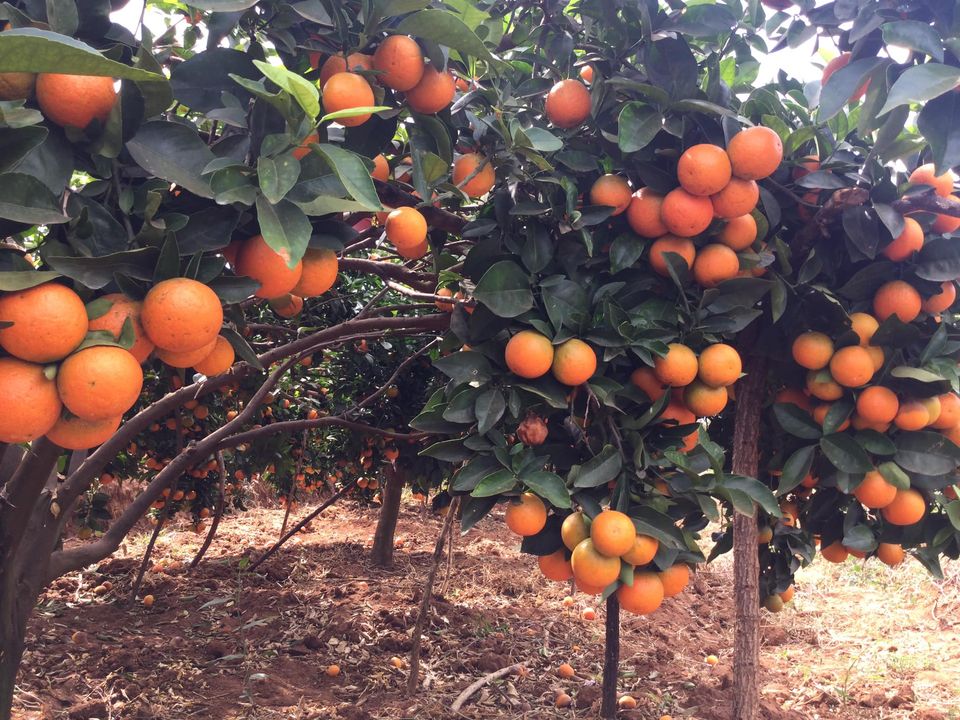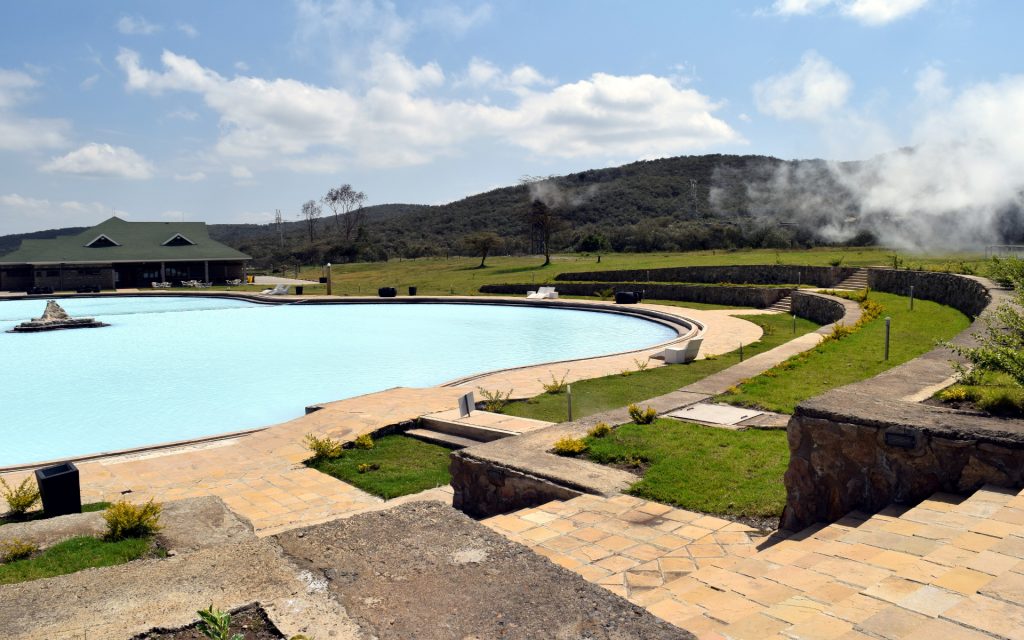Passion fruit farming in Kenya is one of the most lucrative ventures in the horticulture sector. The crop enjoys high demand locally and in international markets, especially in Europe.
Kenya is among the top suppliers of passion fruits to the European market, making this a great agribusiness opportunity for farmers.
With proper care and farming practices, you can enjoy consistent returns throughout the year. This guide will walk you through the essential steps of growing passion fruit in Kenya.

Why Passion Fruit Farming in Kenya is a Top Agribusiness
Passion fruit farming in Kenya has grown rapidly in recent years due to rising demand for fresh juice, healthy snacks and fruit-based products. Both purple and yellow varieties are easy to grow and perform well in many parts of the country. Farmers benefit from fast-maturing vines, multiple harvests per year, and a ready market.
Passion Fruit Growing Regions in Kenya
The crop is widely grown in the following counties:
Kiambu
Nyeri
Kisii
Nakuru
Thika
Kakamega
Embu
Bungoma
Uasin Gishu
Murang’a
Vihiga
Meru
These regions have the right altitude, temperature, and rainfall levels for successful cultivation.
Varieties of Passion Fruit in Kenya
There are five common types of passion fruit grown in the country:
Purple passion fruit – Best for cooler, highland areas
Yellow passion fruit – Suitable for warmer, lowland zones
Sweet passion fruit – Sweeter and slightly larger
Giant passion fruit – Large size, mostly grown for novelty or local consumption
Banana passion fruit – Less common, grown in limited areas
Purple and yellow varieties are the most popular due to their high yield and market demand.
Climate and Soil Requirements
For the best results, consider the following:
Purple variety grows best at 18–25°C
Yellow variety prefers 25–30°C
Altitude range: 1200–2000 meters above sea level
Rainfall: Well-distributed 900–2000 mm annually
Soil: Fertile, well-drained loamy soil with pH 5.5–6.5
Ensure good drainage to avoid root rot and fungal infections.
Land Preparation and Planting
Start preparing your land 2–3 months before planting. Deep ploughing improves soil aeration and root development. Make sure the field is cleared and weed-free.
Dig planting holes 45cm wide and 45cm deep. Space the holes 2 meters between plants and 3 meters between rows.
Grafting is highly encouraged. It protects vines from fusarium wilt and improves yield.
Fertiliser Application
Mix farmyard manure with 125 grams of double superphosphate (DSP) and fill each hole before planting.
After one month, top-dress with CAN fertiliser.
Apply foliar fertilisers every 3 months to promote healthy growth.
These steps help the vines develop strong roots and bear more fruits.
Pest and Disease Control
Common pests include:
Nematodes
Red spider mites
Aphids
Mealy bugs
Fruit flies
Thrips
Stink bugs
Control pests using insecticides like Fastal, Karate, Mitac, and Dynamic. Always follow label instructions.
Common diseases include:
Fusarium wilt
Blight
Brown spot
Woodiness virus
Prevent and treat diseases using fungicides like Ridomil or Dacomil and practising clean field hygiene.
Essential Farm Practices
Pruning
Cut back older or dead vines regularly. This encourages new shoots and improves fruit production.
Trelling
Use trellis systems to support the vines. Erect 2.7-meter tall posts spaced 6 meters apart. Attach wires for the vines to climb, preventing them from lying on the ground and rotting.
Harvesting and Yield
Passion fruits take 8–12 months to mature, depending on conditions and variety.
Peak harvesting seasons in Kenya are:
July to August
December to January
Fruits should be picked when they turn purple or yellow, depending on the variety. Harvest daily or every few days to maintain quality.
Passion Fruit Market in Kenya
The local market is vibrant, with demand from:
Open-air markets
Supermarkets
Hotels and restaurants
Juice processors and beverage companies
You can also explore contracts with exporters if your production is consistent and high quality.
Price per kilo in most markets is about Kshs 50, but may vary with season and location.
Passion fruit farming in Kenya is a smart choice for farmers looking to earn a steady income. With minimal land, the right inputs, and access to information, you can grow high-quality fruits that meet both local and export market needs.
By following proper planting, pruning, pest control and marketing strategies, you can turn passion fruit farming into a thriving agribusiness.







































